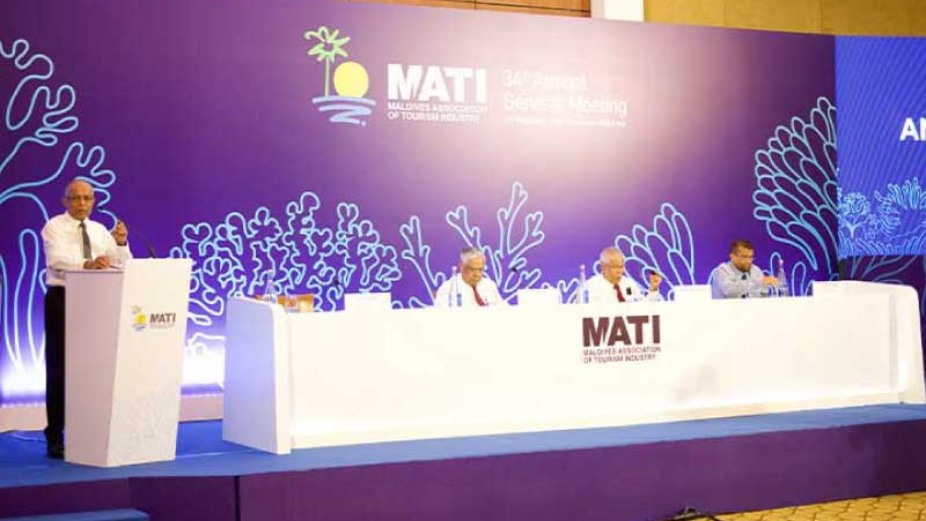
The Maldives Association of Tourism Industry (MATI) had shared serious concerns prior to Maldives Monetary Authority (MMA) introducing foreign exchange controls in October, warning that the measures could severely impact investor confidence and the broader economy.
MATI sent a letter to MMA Governor Ahmed Munawar on 29 September 2024, two days before the central bank publicised its regulation stressing that mandating tourist establishments to convert their dollar earnings into Maldivian Rufiyaa would increase financial risks for investors.
The tourism sector, which has thrived for decades under open exchange policies, is apprehensive about the potential consequences on resort operations, with some properties already experiencing Gross Operating Profit (GOP) levels as low as 30%.
MATI argued that enforcing these controls could not only deter foreign investment but also lead to inflation and devaluation of the Maldivian Rufiyaa if it remains non-convertible. The association emphasised that this policy might drive up costs for resorts, thus impacting service quality and guest experiences.
Highlighting the sector’s significant contributions to local investments, MATI refuted claims that the industry fails to retain dollars within the Maldives. The association urged the MMA to conduct extensive consultations with stakeholders before implementing any new measures, warning of unpredictable economic consequences if rushed.
MATI, which represents the business interests of the tourism industry, has a history of lobbying successive governments against the regulation of foreign currency.











